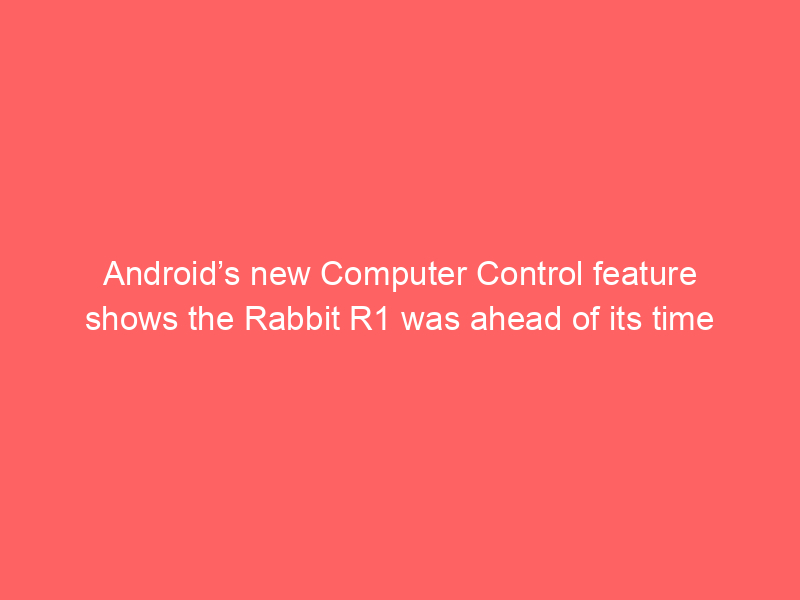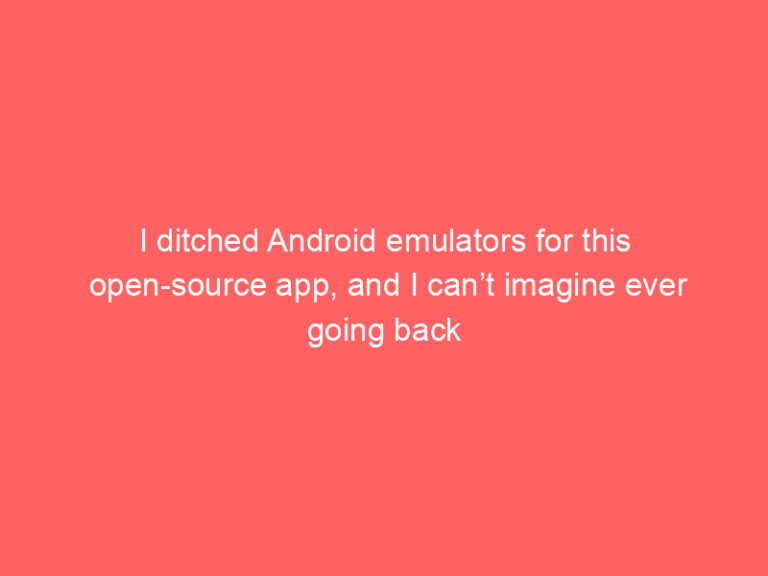
Android’s New Computer Control Feature Shows the Rabbit R1 Was Ahead of Its Time
The news broke a few weeks ago: Android 14 will introduce a new feature called “Computer Control” for vehicles equipped with the Android Auto system. While the functionality sounds simple, the rabbit hole dug by tech journalists into this feature reveals a fascinating tale of early vision and a product ahead of its time.
The Rabbit’s Early Steps into the Driver’s Seat
The revelation comes from a report by The Verge, citing an APK leaked by a security researcher. This APK revealed an early version of the Computer Control feature, showcasing functionalities like controlling the car’s stereo, climate, and even the headlights. While not as polished as the final version, this glimpse hinted at a car that could anticipate the driver’s needs and offer a more intuitive driving experience.
Breaking the Mold: The Future of Human-Machine Interaction
The Computer Control feature was initially planned for Android 15, but due to its complexity and potential security risks, it was pushed back to Android 14. This delay allowed Android teams to learn from their mistakes and refine the feature, resulting in the current, more polished implementation we see today.
A Legacy of Innovation
The Rabbit R1, released in 2018, was one of the first smartphones to boast a truly driver-centric interface. Its intuitive touchscreen and customizable shortcuts were groundbreaking at the time, paving the way for future Android devices. The introduction of the Computer Control feature on the Rabbit R1 was a testament to the phone’s commitment to providing an engaging and efficient driving experience.
Conclusion
The revelation of Android’s Computer Control feature is a reminder that innovation is rarely a linear process. It often involves taking risks and learning from past mistakes. The Rabbit R1’s pioneering approach to driver interaction, even if it came slightly later than planned, serves as a valuable case study of how early vision can lead to significant improvements in the future.







